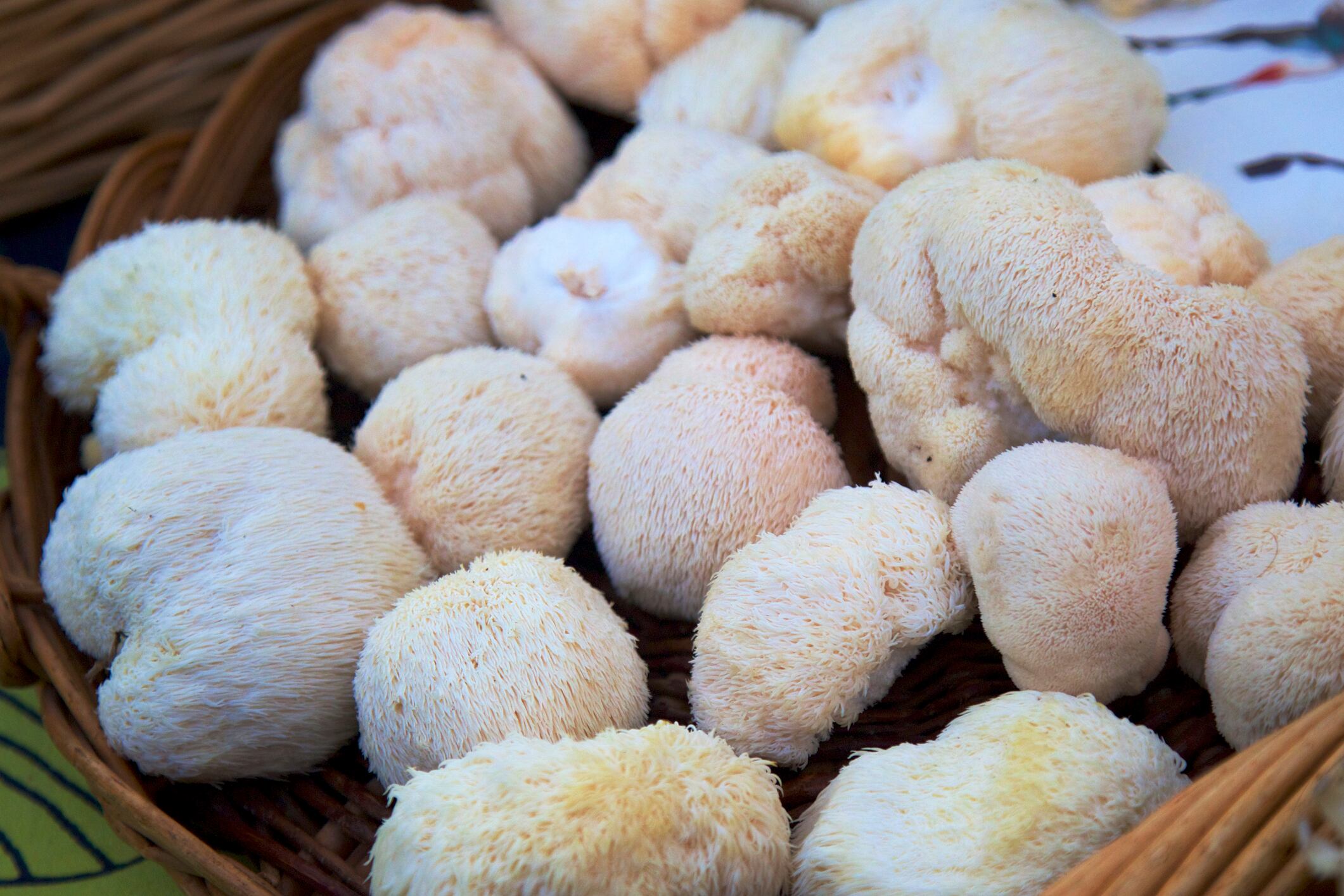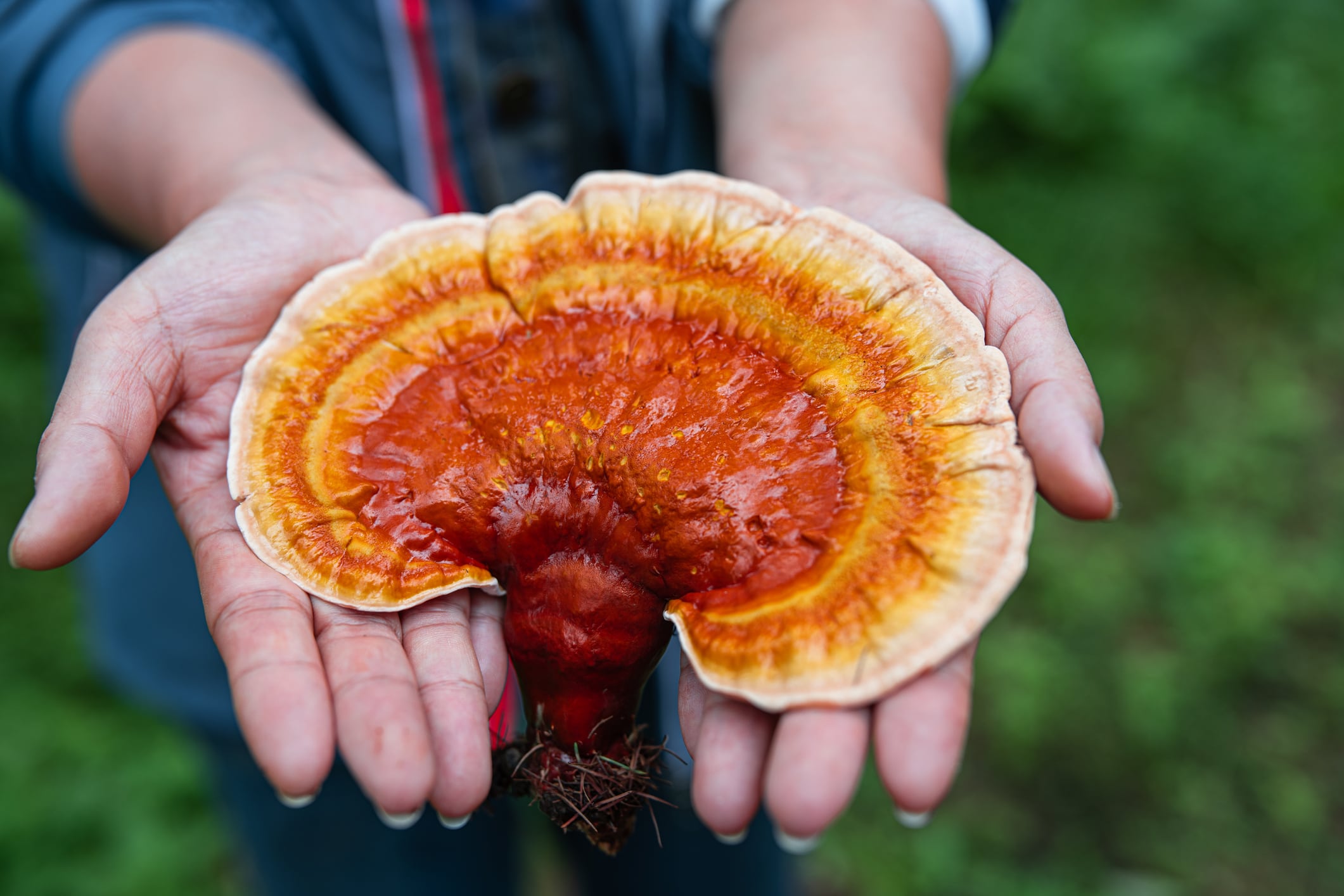Data presented in Nutrients indicated that the beta-glucans found in the mushrooms inhibited key pathways in the microorganisms that increased both mean and maximal lifespans.
The researchers also explored the potential effects of the mushroom extracts on alterations or misfolding of a presynaptic protein called α-synuclein, which has been linked to pathologies collectively called synucleinopathies, including Parkinson’s disease (PD).
The neuroprotective effects were confirmed in both yeast cells and a PD model in fruit flies (Drosophila melanogaster).
“The data presented here may have a great deal of implications and form the basis of future studies to elucidate the effects of mushroom-mediated inhibition of the α-syn aggregation process at the molecular level,” wrote the scientists.
“Moreover, this study opens interesting avenues to set up further strategies and to have better insight regarding mechanisms involved in deciphering the role of mushroom extracts in the inhibition of amyloid formation and in the prevention/alleviation of synucleinopathies, as well as potentially in other protein misfolding-related diseases.”
The study was conducted by Italy-based scientists from the University of Milano-Bicocca, the University of Milano, the University of Firenze, the University of Bologna, the University of Camerino, the University of Minho (Portugal), and the University of Pavia.
‘Shroom boom
As noted by Dr Mark Tallon, Managing Partner Legal Foods, in an article for NutraIngredients, recent analysis puts the global function mushroom category at $24.9bn, with a CAGR of 9.5% expected to reach $47.2bn by 2028 (Grand View Research, 2022).
“This growth can be put down to a few key categories that have continued to develop of the back of COVID and more recently the increasing stress due to inflation and other income pressures such as fuel / energy costs. These include immune health, stress, and sleep,” stated Dr Tallon.
When discussing the category it is important to distinguish between a mushroom (the ‘fruiting body’) and mycelium (the ‘vegetative body’). Commercial suppliers offer dried mushrooms, mycelium-on-grain products, and mushroom extracts.
The new study used extracts from the mushroom (fruiting body) of Grifola frondose (Maitake) and Hericium erinaceus (Lion’s Mane)
Study details
The researchers prepared aqueous extracts of Maitake and Lion’s Mane mushrooms and found that these contained a mixture of beta-glucans, amino acids, fatty acids, ergosterol, ergothioneine, and chitin. The ergothioneine contents, for example, were found to be 1.31 mg/g for Lion’s Mane and 0.99 mg/g for Maitake extracts.
Lifespan experiments with yeast cells were conducted using two different concentrations (0.2% or 0.5%), with both extracts found to prolong chronological lifespan in a dose-dependent way. “In fact, the mean lifespan resulted three times longer in cells treated with 0.2% extracts and increased up to 5 times with 0.5% extracts,” said the researchers.
Both extracts were also found to consistently reduce the progression of α-syn fibrillation process, said the researchers. They followed this up with experiments with the Maitake extracts in a fruit fly model of PD. At a concentration of 0.05% the extract was found to extend lifespan in males and females by 17% and 15%, respectively, although some toxicity in female flies was observed at higher doses.
“Taken together, our data suggest the use of G. frondosa and H. erinaceus as functional food to prevent aging and age-related disorders, further supporting the neuro-healthy properties of these medicinal mushroom extracts,” concluded the researchers.
Source: Nutrients
14(20), 4368, doi: 10.3390/nu14204368
“Anti-Aging and Neuroprotective Properties of Grifola frondosa and Hericium erinaceus Extracts”
Authors: F. Tripodi et al





